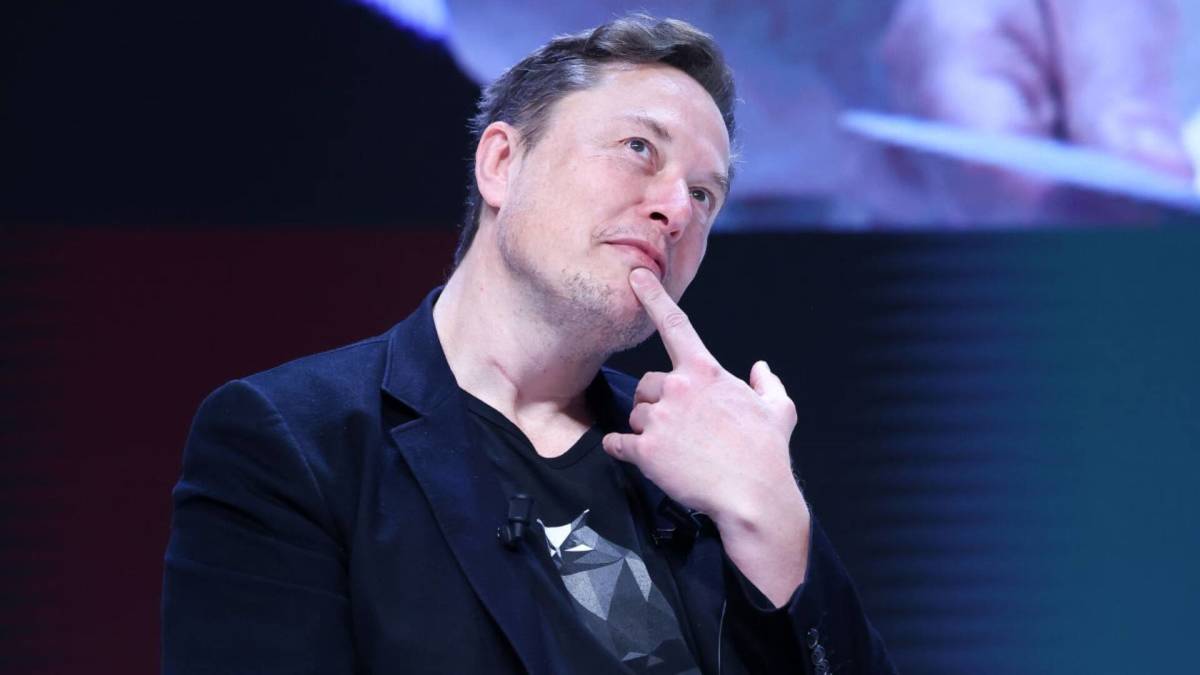
X Faces Major DDoS Attack Amid Controversy Over Its Origins
So, here’s the latest drama in the tech world—X, formerly known as Twitter, just suffered a massive Distributed Denial-of-Service (DDoS) attack, causing widespread outages and chaos on the platform. But here’s where things get even more interesting: no one can agree on who actually did it.
Elon Musk, the CEO of X, came out and called it a “massive cyberattack” and even suggested that the attack originated from Ukraine. However, cybersecurity experts are raising their eyebrows at that claim, saying there’s no concrete evidence to back it up. DDoS attacks, after all, don’t involve hacking into systems or stealing data—they just flood servers with an overwhelming amount of traffic, effectively shutting them down. And while Musk’s statement adds a dramatic twist to the situation, many researchers argue that pinpointing the attack’s origin is far more complicated than just looking at IP addresses.
Also Read:- Tottenham's Thrilling Comeback Against AZ Alkmaar Keeps Europa League Dream Alive
- Is Jack Ginnivan’s Spot in Hawthorn’s Best 23 at Risk?
One group, the Dark Storm Team, a pro-Palestinian hacking collective known for its expertise in DDoS attacks, has actually claimed responsibility. They even provided screenshots and reports on Check-Host.net, a site used to monitor website availability, to prove their involvement. Security experts believe this aligns with their past activities, which have targeted major organizations in the U.S., Ukraine, the UAE, and Israel.
However, cybersecurity specialists are skeptical about Musk’s claims that the attack specifically originated from Ukraine. According to F5 Labs, attackers often route traffic through compromised devices worldwide, making it appear as though an attack is coming from a specific country when, in reality, it’s being launched from multiple locations across the globe. In fact, most modern DDoS attacks utilize vast botnets—networks of infected computers and devices—to obscure their true source.
Adding to the mystery, six major cybersecurity firms that track online threats declined to comment or said they had no knowledge of what exactly caused X’s sporadic outages. Without direct access to X’s internal data, external researchers are struggling to verify the exact details of the attack.
What’s clear, though, is that this attack underscores the vulnerabilities of even the biggest platforms on the internet. X is currently the fifth-most visited website globally, making it a prime target for cyberattacks. When a service of this scale goes down, it sparks immediate speculation, with different parties quick to assign blame.
So, where does this leave us? On one hand, Musk’s comments about Ukraine could be speculation or misinterpretation of the attack’s origins. On the other, the Dark Storm Team’s claim seems credible but doesn’t necessarily rule out other potential actors. With no clear answers, the debate over who was really behind this attack is just heating up. One thing is for sure—this won’t be the last time a high-profile platform like X faces a cyber threat of this scale.
Read More:


0 Comments